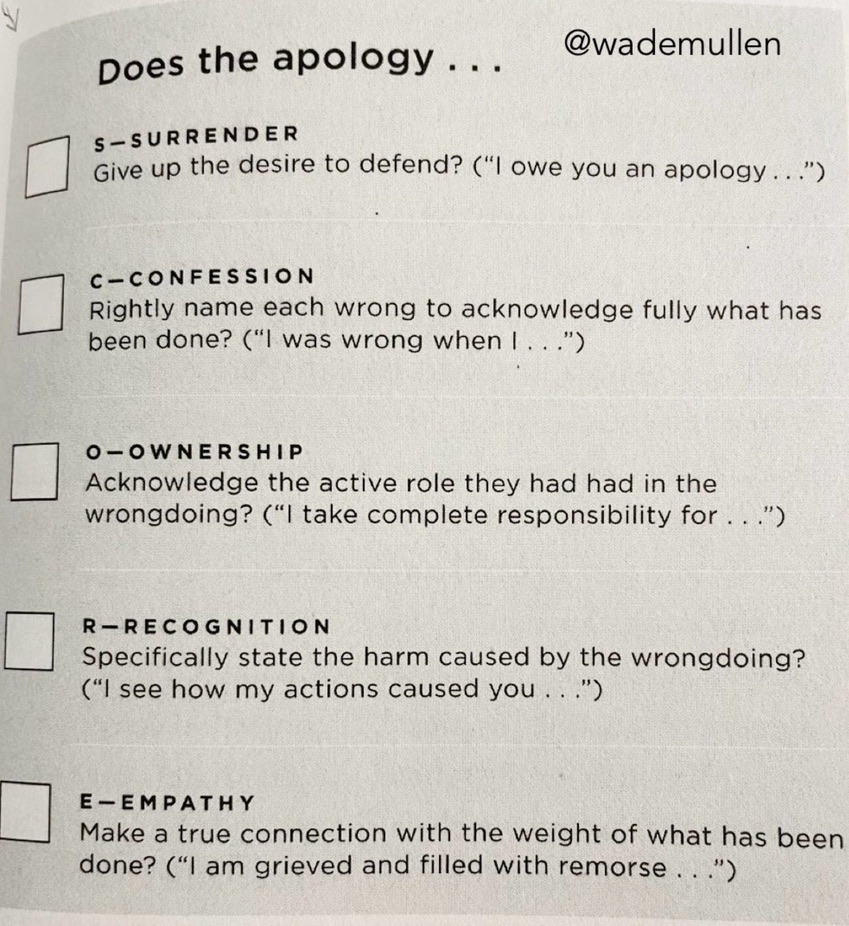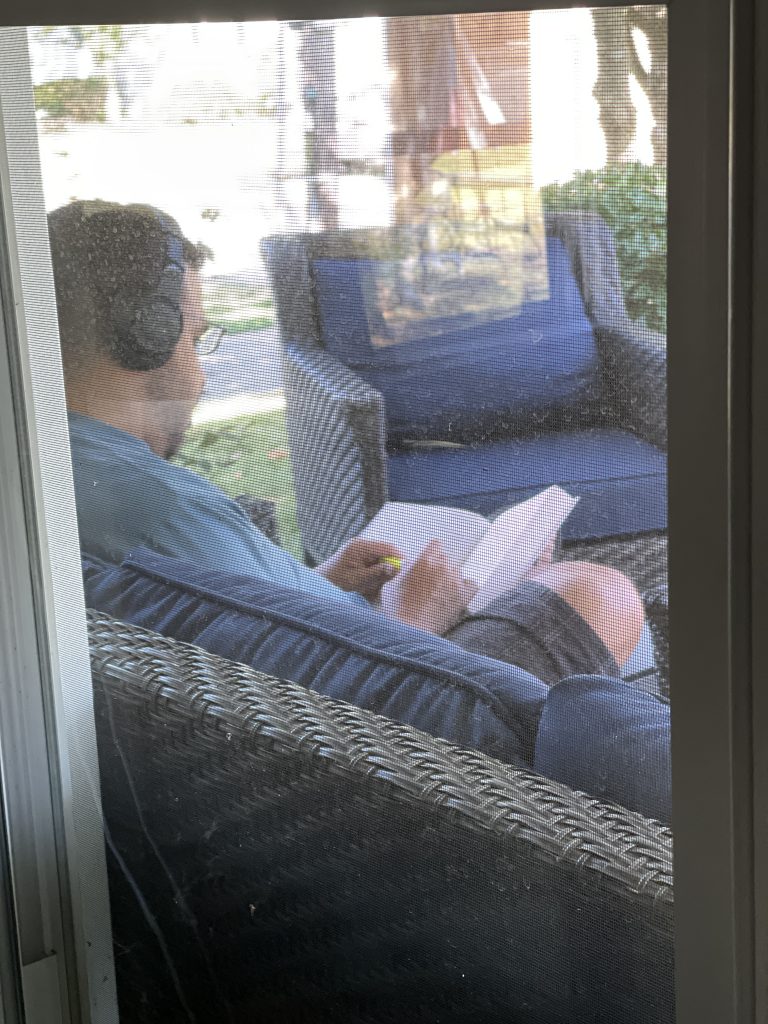
Being young is beautiful, but being old is comfortable and relaxed…one must wait until evening to see how splendid the day has been.
Mark Twain
Ghetto spirit
There is nothing whatever of the ghetto spirit in the Rule of St. Benedict.
That is the wonderful thing about the Rule and the saint. The freshness, the liberty, the spontaneity, the broadness, the sanity and the healthiness of early Benedictine life.
But closed in on itself, interpreting interpretations of interpretations, the monastery becomes a ghetto. Reforms that concentrate too excessively on a return to strictness do not in fact break the spell. They tend to increase the danger of spiritual suffocation.
On the other hand, fresh air is not the air of the world. Just to break out of the ghetto and walk down the boulevard is no solution. The world has its own stink, too—perfume and corruption.
The fresh air we need is the air of the Holy Spirit “breathing where He pleases,” which means that the windows must be open and we must expect Him to come from any direction. The error is to lock the windows and doors in order to keep the Holy Spirit within our house. The very action of locking doors and windows is fatal.
Thomas Merton
Enjoy your weekend
My great-grandparents, like many Jews of their generation, worked in the clothing factories of New York City. They were probably required to work every day except Sunday, which was the standard at the time. Jewish workers were sometimes warned that if they didn’t show up on Saturday, they wouldn’t have a job on Monday.
In 1907, another Jewish immigrant of that generation, Henry Feuerstein, saved up enough money to buy a knitting mill in Malden, Mass.
Feuerstein, who was an observant Jew, decided to do something new. He shuttered his factory on Saturdays as well as Sundays, so both Jewish and Christian workers could observe their Sabbath days. It appears to be the earliest documented instance of an American factory giving its workers what is now the standard weekend.
The idea spread slowly. In 1922, there were still only about 70 factories in the country that offered a five-day workweek, according to a survey by a Princeton economist. Most of them were textile firms in New York with heavily Jewish labor forces. By then, however, workers in other industries, including coal miners and autoworkers, were also demanding a five-day week. The eventual success of that effort is commemorated by a popular bumper sticker: “The Labor Movement: The Folks Who Brought You The Weekend.”
Feuerstein’s role is largely forgotten, but it shouldn’t be.
The union movement is now starting to push for a four-day week. The autoworkers picketing factories across America aren’t just demanding higher pay from the Big Three automakers. They want a full paycheck for a four-day, 32-hour week.
It’s a great idea. As I wrote in a piece making the case that a four-day week should become the new standard, “Americans spend too much time on the job. A shorter workweek would be better for our health, better for our families and better for our employers, who would reap the benefits of a more motivated and better-rested work force.”
Happy Monday. Wouldn’t it be nice if today were the third day of the weekend?
Good works
Good works are a command of God; they are the duty of the grateful; they need to be present for sanctification; they flow out of justification and regeneration; they witness to and demonstration justification/redemption; they witness to the believer of her and his redemption; they edify others, and they witness to nonbelievers about the gospel; ultimately, they glorify God.
Scot McKnight https://scotmcknight.substack.com/p/evangelicalism-has-a-systemic-problem
Beauty
what draws us to the good is that it is also eternal beauty. God himself is beauty, that is, and in the end, for Christians, we are joined to him in seeking the beautiful as he has taught us to recognize it in Christ, and in therefore seeking in every circumstance, however unanticipated, to express that beauty always anew, in ever more novel variations on that original “theme”—that unique and irresistibly attractive manner
David Bentley Hart
Artful living
the moral life is like learning to play an instrument, creative artistry is built upon a foundation of technical skill. Consequently, our early lessons are going to be rote and rudimentary. But the goal with advancing skill is the ability to perform creatively and beautifully in ways that surpass mere technical proficiency. All this is a part of what the Greeks meant by arete, the word we translate as virtue. For the Greeks, arete has an aesthetic aspect. Virtuous living is “artful” living.
Richard Beck
Salvation
Salvation is much more than a heavenly reward or the deliverance from hell. Rather, salvation is the transformation of the whole person and their ultimate transfiguration into the image of Christ. Salvation is becoming eternally and truly what we were created to be – the very image of God.
Fr Stephen Freeman
Good and Bad
Merton claims that the devil doesn’t always turn people conspicuously sinister, sometimes he just turns us blindingly righteous, which frankly is more effective and also more dangerous.
It’s a sneaky, twisted little business this whole battle between good and evil thing. Because the fact is, atrocities are more often perpetuated by those who are dazzlingly certain of their cause’s righteousness than by like, Bond villains who just love evil and want to see it spread. Maybe we are all at much higher risk of harming ourselves and other people when we are certain we are acting out of our virtues than we ever are when we are for sure acting out our vices. I mean, you know how the police station has a vice squad? I’m like, where’s the virtue squad?
Don’t mistake me, I’m not being an abject relativist here – I do believe that pure good and pure evil exist, I just don’t believe that humans are as good at knowing the difference as we think we are.
What I am trying to say is that if I want to stand on the side of righteousness, if I want to stand against evil maybe the best way to do that is to remain sufficiently suspicious of my virtues.
Nadia Boltz-Weber
Violence
Violence, as expressed most often with weapons, is an idol that makes us god. It derives from fear and a desire to protect power and what we deem ours and our privilege. Violence dehumanizes others. America as empire joins a long history of nations becoming self-idols.
Scot McKnight
Apology


View from the Front Porch
I was deeply gratified when a friend and neighbor asked to sit on our front porch to study. I had no imagination for what a sacred place our front porch would become when we moved to Wilmore sixteen years ago. It is truly a “thin” place.
In the midst of life, we “practice the presence of God” by listening and speaking to him in every circumstance. Spiritual formation happens through a life of contemplation. In the midst of our daily activities, we ponder and meditate on God’s words and works. We talk to him in prayer. We listen, we question, we complain. We give thanks, make requests, and express our doubts. We study, analyze, and consider how to apply his teachings. We walk or sit silently with him and enjoy his presence. For a believer the veil between this world and the “heavenly places” is thin and there is constant interaction between the two realms.
iMonk
STILL ON THE JOURNEY